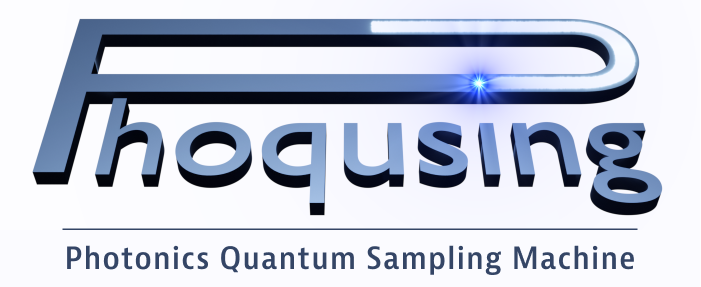A seminal task in quantum information theory is to realize a device able to produce copies of a generic input state with the highest possible output fidelity, thus realizing an optimal quantum cloning machine. Recently, the concept of variational quantum cloning was introduced: a quantum machine learning algorithm through which, by exploiting a classical feedback loop informed by the output of a quantum processing unit, the system can self-learn the programming required for an optimal quantum cloning strategy. In this work, we experimentally implement a variational cloning machine of dual-rail encoded photonic qubits, both for phase-covariant and state-dependent cloning. We exploit a fully programmable 6-mode universal integrated device and classical feedback to reach near-optimal cloning performances. Our results demonstrate the potential of programmable integrated photonic platforms for variational self-learning of quantum algorithms.
F. Hoch, G. Rodari, E. Caruccio, B. Polacchi, G. Carvacho, T. Giordani, M. Doosti, S. Nicolau, C. Pentangelo, S. Piacentini, A. Crespi, F. Ceccarelli, R. Osellame, E. F. Galvão, N. Spagnolo and F. Sciarrino. Variational quantum cloning machine on a photonic integrated interferometer (2024), [arXiv:2407.06026]
Partners: Sapienza Università di Roma, LIN INL, IFN-CNR

